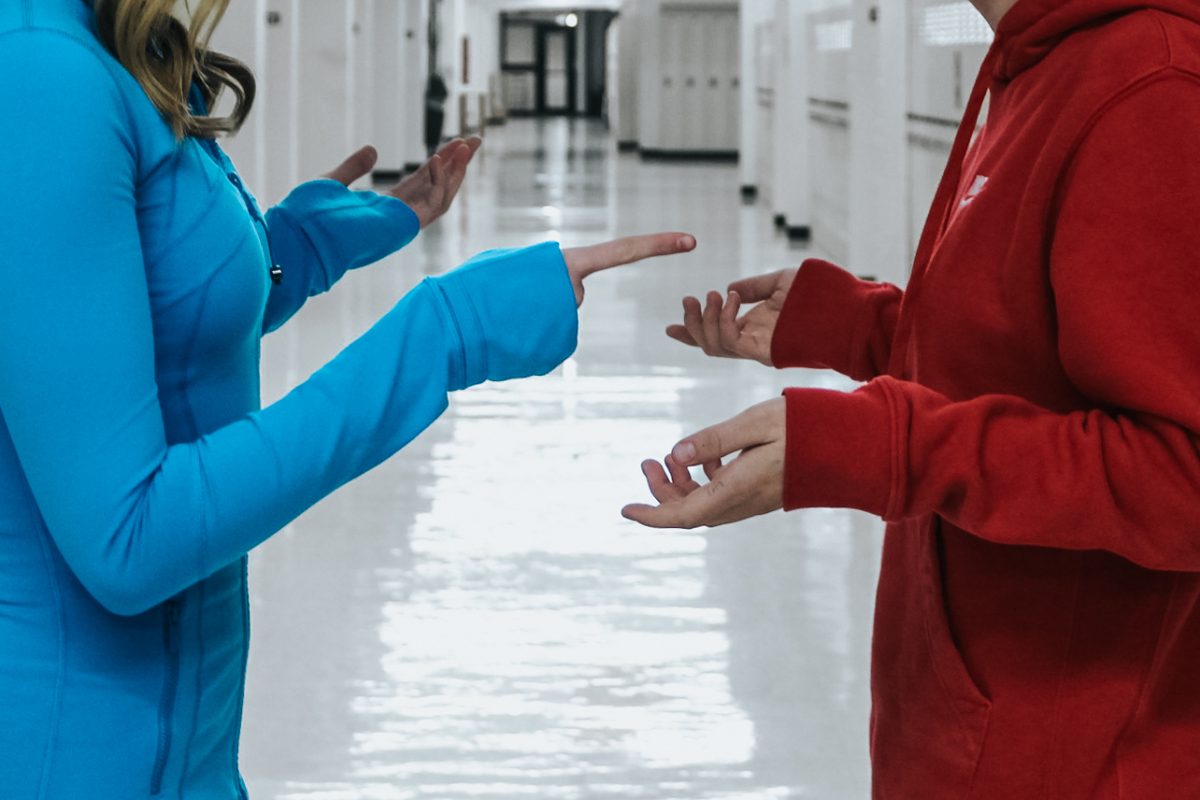As of this year’s election, the issue of whether or not political opinions should affect relationships has come into question for lots of people. Whether people had voted red or blue on Nov. 5, people are burning bridges between them and their friends all on the basis of politics. This isn’t how it should be – politics aren’t meant to divide people.
The two-party political system that America goes by today has a major flaw – it forces voters to choose between the lesser of two evils, if they so choose to vote. This is one of the many reasons why politics are so polarizing to this country – and to people’s relationships.
When people do preserve their relationships even if they have opposite stances, these topics are often swept under the rug. This often causes people to explode or act purely on emotion when they get into political disagreements with their friends. These explosions cause people to resent each other, or simply just burn the bridge between one another.
“I have friends that are for one political view, and their spouse is a part of another political view,” says Jon Niemic, Social Science teacher at MCHS. “They’ve even said, there’s certain topics that they just avoid. I don’t think that’s healthy. Because when you avoid things and you sweep things under the rug or topics or conversations, that’s when democracy doesn’t work.”
Another reason why politics affect relationships so much is due to the stereotypes placed on people when their political stance is made known. People assume that most Republicans are hillbillies with stubborn opinions, and people assume that most Democrats are too young to have a say. This prevents people from even approaching each other if they know they don’t align politically.
According to Pew Research, “Many Republicans and Democrats associate negative characteristics with members of the other party – and positive traits with their own. But the specific criticisms Democrats and Republicans have of each other vary. And on several of these traits, a majority of partisans say Republicans and Democrats aren’t much different from the public as a whole.”
If people were simply more objective with their political thinking, people of different parties may still not be able to agree, but essentially to agree to disagree. As long as everyone is able to form an informed opinion, it’s often easy to coexist among people with different sides.
“Today, 92% of Republicans are to the right of the median Democrat, and 94% of Democrats are to the left of the median Republican,” once again, according to Pew Research Center.
This divide has only grown because of people’s inability to not let their political affiliations affect their relationships. By feeding into the stereotypes of the parties, people who let their political opinions negatively affect their relationships are only increasing the divide.
Instead of wishing the other party not to talk, people of opposing views should be hearing each other, even if they don’t agree. This is what allows people to formulate informed opinions, and when they are able to share these informed opinions without fear of friendships ending, they not only improve their own opinions, but the opinions of others as well.




